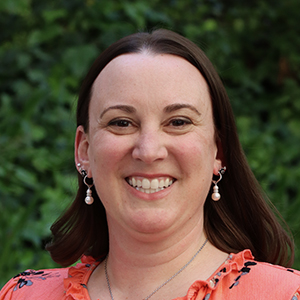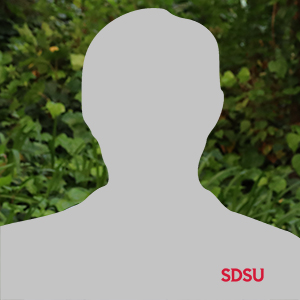Undergraduate Advisors
Virtual Meeting Appointments Go to sdsu.campus.eab.com
(Use the same log in you use for WebPortal.)
- Once in, select: Get Assistance.
- Choose an Advising Appointment. (For academic advising: choose from the dropdown menu the reasoning for your appointment.)
- For location, choose: CoS: Computer Science.
- Select an open appointment (request one if none are available).
- Be sure to add your Name and Red ID in the open comment section!
- Save Zoom link so you can log in at the appointment time.
Forms
RAAR (Request for Adjustment of Academic Requirement) http://advising.sdsu.edu/_resources/pdf/raar-2021.pdf
Late Schedule Adjustment https://registrar.sdsu.edu/students/academic_status/withdrawal-late-schedule-adjustment
Change of Major/Minor https://registrar.sdsu.edu/students/academic_resources/change_declare_major




